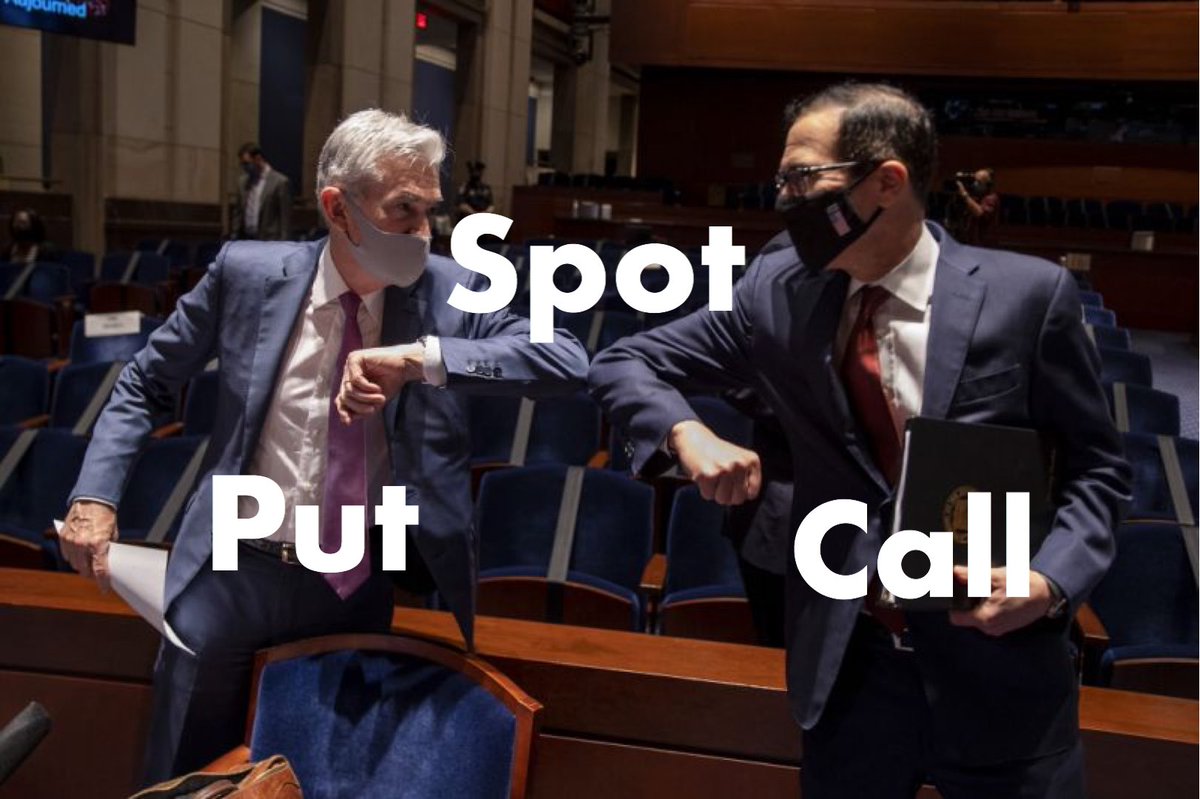
The ideal social media network for me would eliminate or significantly reduce the game of positioning yourself above others as if you were at the pinnacle of knowledge/skill in something
It would be built in - by virtue of you being here, you're on my level & we eschew the game
It would be built in - by virtue of you being here, you're on my level & we eschew the game
An illustration using first impressions of COVID:
Level 0: COVID is just the flu because that's the only mental box I have for it
Level 1: Experts told me COVID is bad
Level 2: eXpOnEnTiAL GrOwTh
Level 3: We know ~nothing, maximal caution until we know something, then reevaluate
Level 0: COVID is just the flu because that's the only mental box I have for it
Level 1: Experts told me COVID is bad
Level 2: eXpOnEnTiAL GrOwTh
Level 3: We know ~nothing, maximal caution until we know something, then reevaluate
There are variants of each of these levels, there are more levels, I'm not at the top level, top level != Cosmic Truth, etc
But it is exhausting watching people skirmishing over the levels instead of people at each level iterating, learning, & reaching for higher levels together
But it is exhausting watching people skirmishing over the levels instead of people at each level iterating, learning, & reaching for higher levels together
I touched on this with my "bad infinitum" idea, but it's not really fully fleshed out there (or here)
techiavellian.com/intellectual-d…
techiavellian.com/intellectual-d…
I would be perfectly happy being told by a social network, "you are in a maze, there are multiple paths out, you cannot engage with the smartest people until you escape the current maze, and all you get when you escape are more interesting mazes with fewer and fewer trolls"
Some people would never escape level 0 or even think to try. Is that unfair? Maybe? Perhaps leaving breadcrumbs to other levels should be mandatory
Our ~flat internet commons are bad ideas producing bad outcomes, & didn't exist (for long?) in the past for nontechnical reasons
Our ~flat internet commons are bad ideas producing bad outcomes, & didn't exist (for long?) in the past for nontechnical reasons
If you reflexively react against this because you hate hierarchy, you just created a new hierarchy and put yourself above me within it 🙃
Many (most?) hierarchies are dumb. You can't naïvely hard-code them and expect good outcomes
The levels would have to be emergent, not based on some expert sitting down and drawing a ladder of increasingly unrealistic strawmen at each lower rung
They need not be linear
The levels would have to be emergent, not based on some expert sitting down and drawing a ladder of increasingly unrealistic strawmen at each lower rung
They need not be linear
They also don't have to be exclusive/one-way
It's not about drawing up the ladder so you can build a fort to hang out with only the cool kids at the "top"
It's about having a space w/ shared language, context, and the ability to be vulnerable with people you trust when you fail
It's not about drawing up the ladder so you can build a fort to hang out with only the cool kids at the "top"
It's about having a space w/ shared language, context, and the ability to be vulnerable with people you trust when you fail
This is exactly why we need levels
People will increasingly retreat to more private spaces. That can either be the result of thoughtful selection from wider spaces, or it can be what it was in the past: arbitrary selection based on who you already know
People will increasingly retreat to more private spaces. That can either be the result of thoughtful selection from wider spaces, or it can be what it was in the past: arbitrary selection based on who you already know
https://twitter.com/patio11/status/1337867521613987840
Building levels in, and especially being able to jump between them, means everyone is at least in the same platform
There is a huge gulf between private e.g. Signal conversations and Twitter
There is a huge gulf between private e.g. Signal conversations and Twitter
"Levels" is the wrong word. I don't think we have a good word for what I'm describing. Something like "stacked, leaky, nonlinear funnels" might be closer to what I mean, but that's just hopelessly obtuse
Two annoyances referenced in this thread potentially helped by "levels":
1: people pestering experts with misunderstandings (e.g. someone tweeting the Fed's balance sheet at Benn)
2: misinformed tweets "going wide" > experts', generating even more future annoyances of type 1
1: people pestering experts with misunderstandings (e.g. someone tweeting the Fed's balance sheet at Benn)
2: misinformed tweets "going wide" > experts', generating even more future annoyances of type 1
https://twitter.com/bennpeifert/status/1413292118294949888
Important bit I may not have underscored enough here: there is no such thing as "general expertise" that makes one credible on ALL topics. But if you get 1m Twitter followers, you are driving the discourse far more than someone with 100 who actually understands the topic at hand
As pointed out by many people recently, Twitter Topics are very noisy, a problem "levels" would have to contend with as well
There must be some non-naïve membrane determining what gets in and out
There must be some non-naïve membrane determining what gets in and out
Despite being a *claim* about diet & health, a tweet saying "eat as many Big Macs as you want, it's fine" getting thousands of likes does not mean surfacing it in the diet & health topic is necessarily a good idea
https://twitter.com/ccneill/status/1108466409766617089
• • •
Missing some Tweet in this thread? You can try to
force a refresh




